In order to further facilitate foreign business people in coming to Shanghai for business activities, the following special visa facilitation measures will be taken for eligible foreign business people.
I. Who can benefit
The foreign business people in this Notice primarily refer to "foreign nationals who need to frequently come to China for business activities and have made positive contributions to Shanghai's international business and trade cooperation, as well as their spouses and children". Inviting organizations include state-owned, private and foreign-invested enterprises.
II. What is it about
Eligible foreign business people may apply to the Chinese embassy or a consulate in their home country for a five-year multiple-entry M visa or an equivalent category visa with a 180-day stay, upon receiving a Special Visa Invitation Letter issued by the Shanghai Municipal Foreign Affairs Office. Applicants may be exempted from fingerprint collection and may entrust others to apply for the visa, and will only be charged the fee for a one-year multiple-entry visa.
III. How to make application
1. Application for Special Visa Invitation Letter
The application for Special Visa Invitation Letter for eligible foreign business people shall be made by the inviting organization.
2. Qualification of Inviting Organizations
Eligible inviting organizations shall submit a written application to their local authorities or competent departments to be qualified. After reviewing their qualifications, the local authorities or competent departments will issue a “registration code” to the qualified organizations.
3. Online Registration and Provision of Visa Application Information
The qualified inviting organizations shall use the “registration code” to register. After successful registration, the inviting organizations can fill in the visa application information online for the foreign business person(s) they invite. After review, the Shanghai Municipal Foreign Affairs Office will issue a Special Visa Invitation Letter for the foreign business people as well as their spouses and children.
4. Visa Application by Foreign Business People
Foreign business people may apply for a visa at the Chinese embassy or a consulate in their location with the Special Visa Invitation Letter within 3 months.
IV. Things to Note
1. An inviting organization shall only file visa application for those it invites to China for business activities, and shall not arbitrarily expand the scope or apply for those coming to China for non-business purposes.
2. If a foreign business person benefiting from this visa facilitation engages in "three illegals" or other illegal and criminal activities in China, the Shanghai Municipal Foreign Affairs Office shall revoke the application qualifications of relevant enterprises in accordance with the law.
Translator’s note:
The term "three illegals" refers to illegal entry, illegal stay, or illegal employment by foreign nationals in China.
01
Q: Who does the visa waiver apply to?
A: Nationals of 38 countries including Brunei, France, Germany, Italy, Spain, Holland, Malaysia, Switzerland, Ireland, Hungary, Austria, Belgium, Luxembourg, New Zealand, Australia, Poland, Portugal, Greece, Cyprus, Slovenia, Slovakia, Norway, Finland, Denmark, Iceland, Andorra, Monaco, Liechtenstein, South Korea, Bulgaria, Romania, Croatia, Montenegro, North Macedonia, Malta, Estonia, Latvia and Japan holding valid ordinary passports can be exempted from visa requirement if entering into China for the purpose of business, tourism, family or friends visits, exchange and transit. They can stay in China for no more than 30 days without visa.
02
Q: Do foreign nationals eligible for a visa waiver need to make declarations to Chinese embassies and consulates in advance?
A: Foreign nationals eligible for a visa waiver do not need to declare in advance to Chinese embassies and consulates before entering China without a visa.
03
Q: Will the purpose of intended stay in China be examined by Chinese border inspection authorities when entering China? How will it be done? Are other documents needed for entering China in addition to a passport?
A: Foreign nationals traveling for purposes of business, tourism, family or friends visits,exchange and transit that meet the visa waiver requirements can be allowed to enter China without a visa upon examination and approval in accordance with law by border inspection authorities. Entry into China shall be denied by border inspection authorities in accordance with law to foreign nationals who travel for purposes that do not meet the visa waiver requirements or who are not allowed to enter China in accordance with laws and regulations. It is recommended to take documents such as invitation letters, air tickets and reservations of accommodation as a proof corresponding to the purposes of entry into China. Visa waiver does not apply to those who come to China for work, study, journalistic or alike purposes.
04
Q: Is there any additional requirement for minors eligible for a visa waiver?
A: Visa waiver requirements for minors are the same as for adults.
05
Q: Are there any requirements on the type and validity of entry documents?
A: For foreign nationals, an ordinary passport valid for at least the duration of intended stay in China is needed. Holders of travel documents or temporary or emergency documents other than ordinary passports are not allowed to enter into China without a visa.
06
Q: How to calculate the duration of stay of 30 days?
A: Foreign nationals eligible for a visa waiver may stay in China continuously without a visa from the date of entry to the 30th calendar day until 24:00.
07
Q: Does the visa waiver apply to foreign nationals who travel from a third country?
A: Eligible foreign nationals can depart for China from any country or region.
08
Q: Does the visa waiver apply to foreign nationals who travel by forms of transport other than aviation?
A: The visa waiver applies to all travelers coming to China through any sea, road and air port open to foreign nationals (except where laws, regulations and bilateral arrangements specify otherwise). For arrivals in China by private transport, certain procedures for entry and exit of means of transport shall be processed in accordance with relevant laws and regulations of China.
09
Q: Does the visa waiver apply to tour groups?
A: The visa waiver applies to eligible foreign nationals either in tour groups or as individuals.
10
Q: If the length of intended stay exceeds 30 days, can the visa waiver be extended?
A: Foreign nationals planning to stay in China for over 30 days shall apply for visas corresponding to their purposes of stay in advance at Chinese embassies or consulates. If they have to stay longer than 30 days for appropriate and sufficient reasons after entering China without a visa, they shall apply for stay permits to the exit and entry administrations of public security authorities of China.
11
Q: Does the visa waiver allow multiple entries? Is there any requirement on the length of intervals between each entry, or any restriction on the number of entries without a visa or total days of stay?
A: Foreign nationals eligible for the visa waiver can enter China without a visa for multiple times. Currently there is no restriction on the number of entries or total days of stay, but those who enjoy visa-free travel to China shall not engage in activities inconsistent with their purposes of entry.
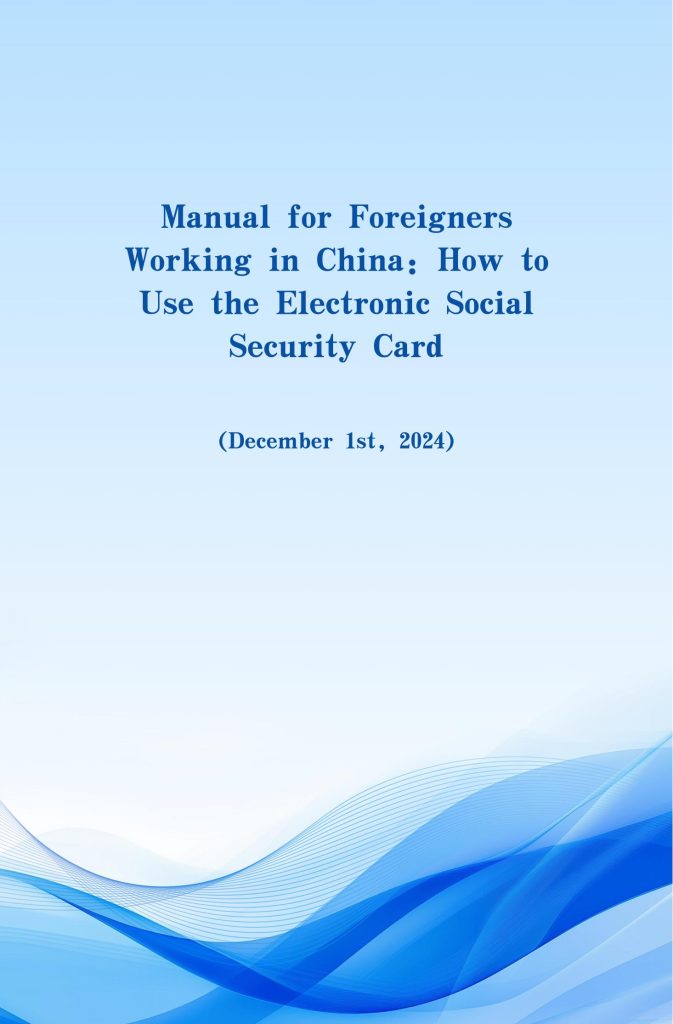
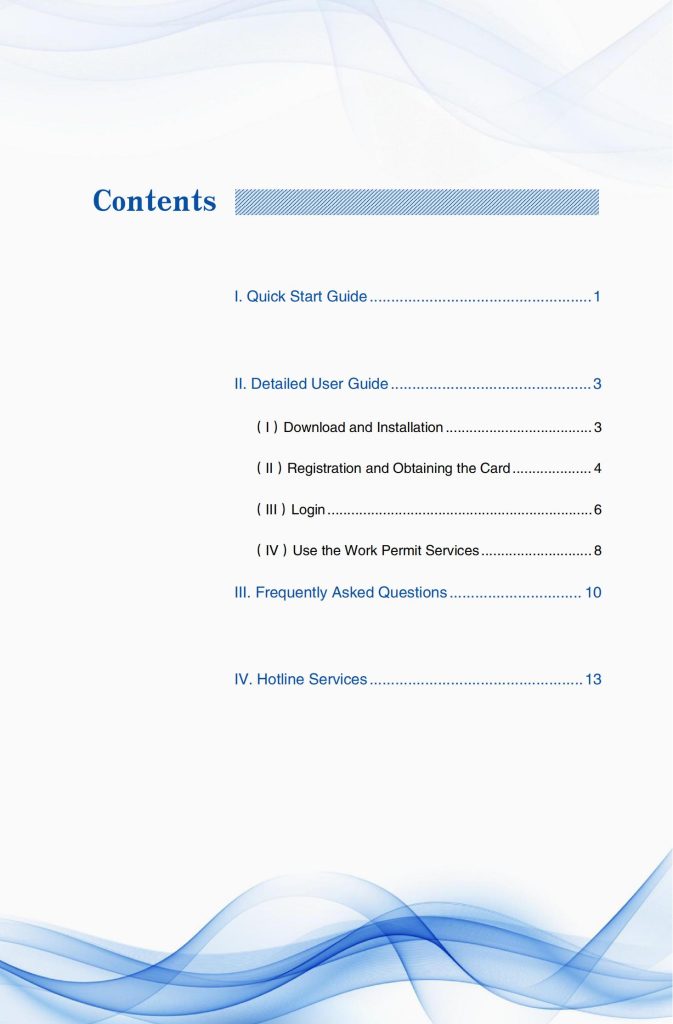
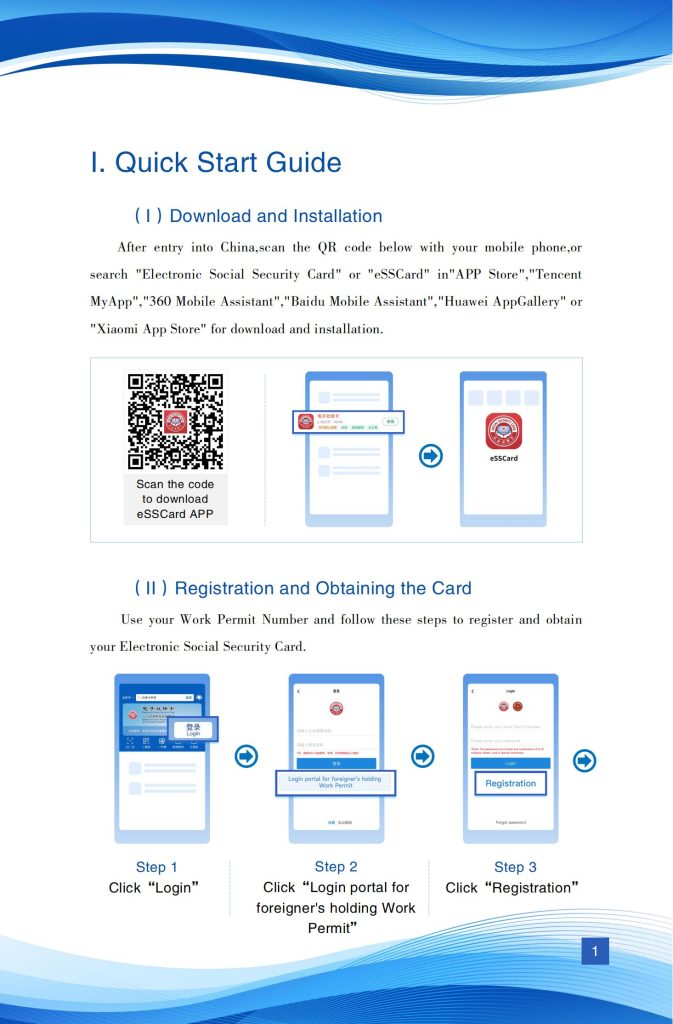
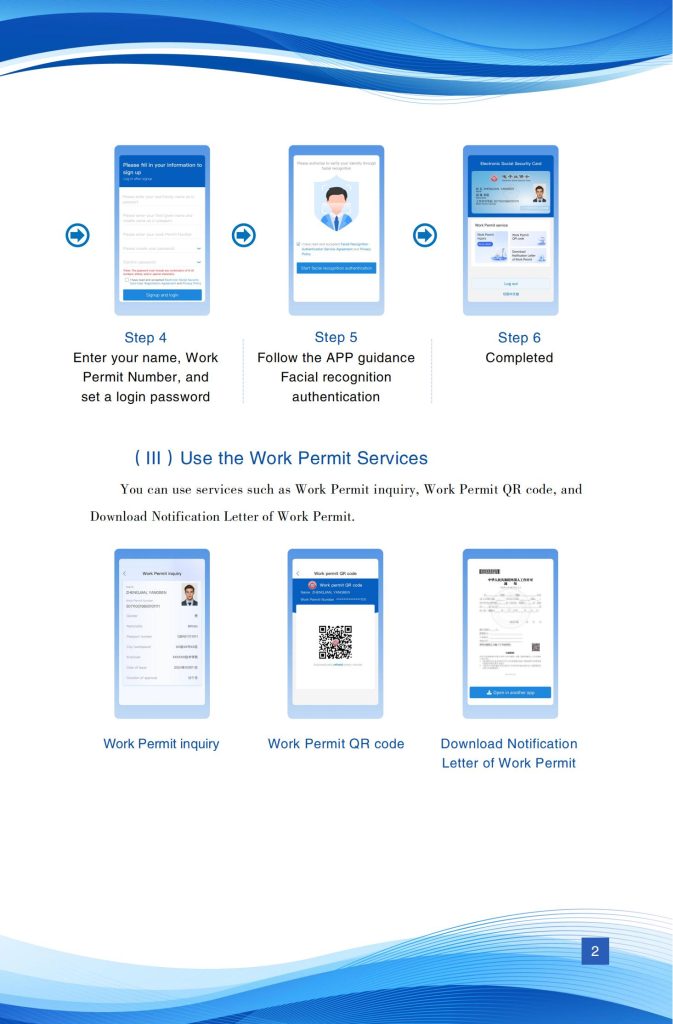
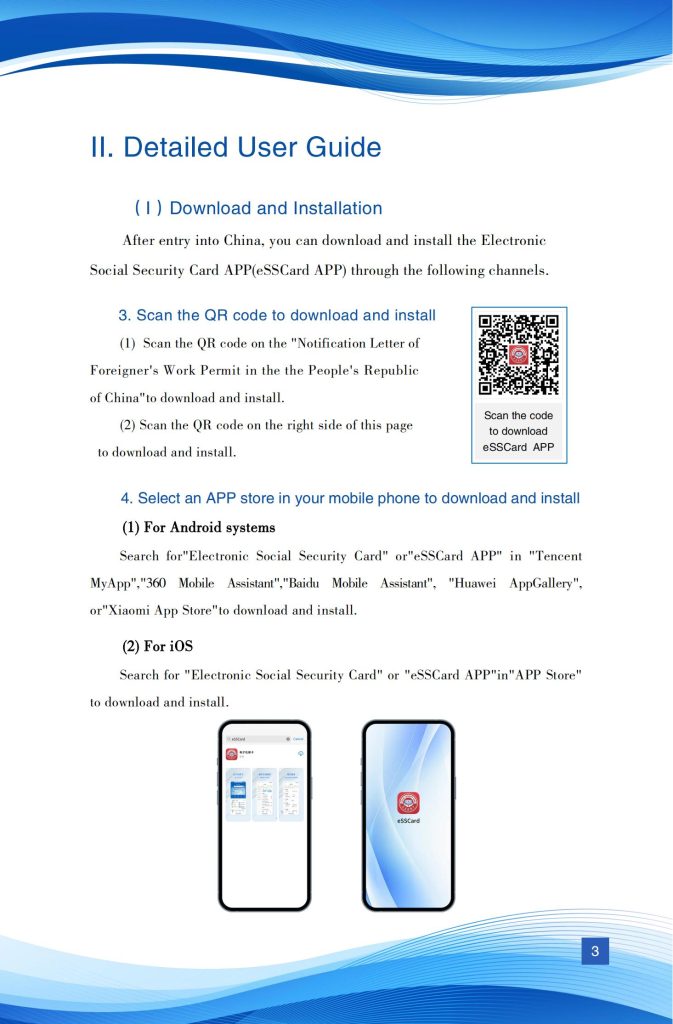
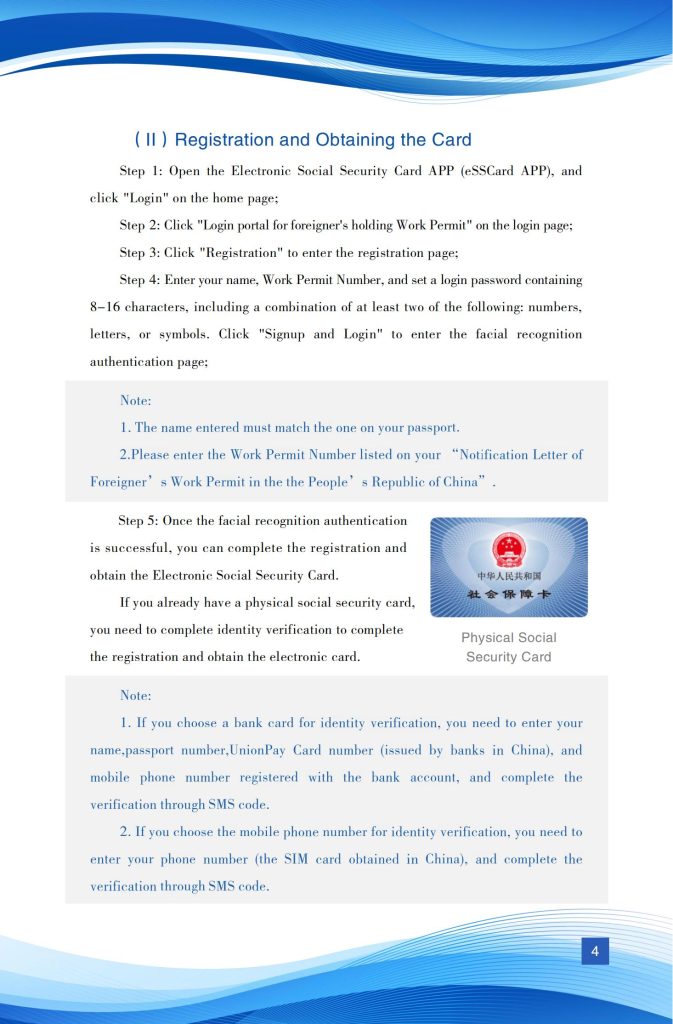
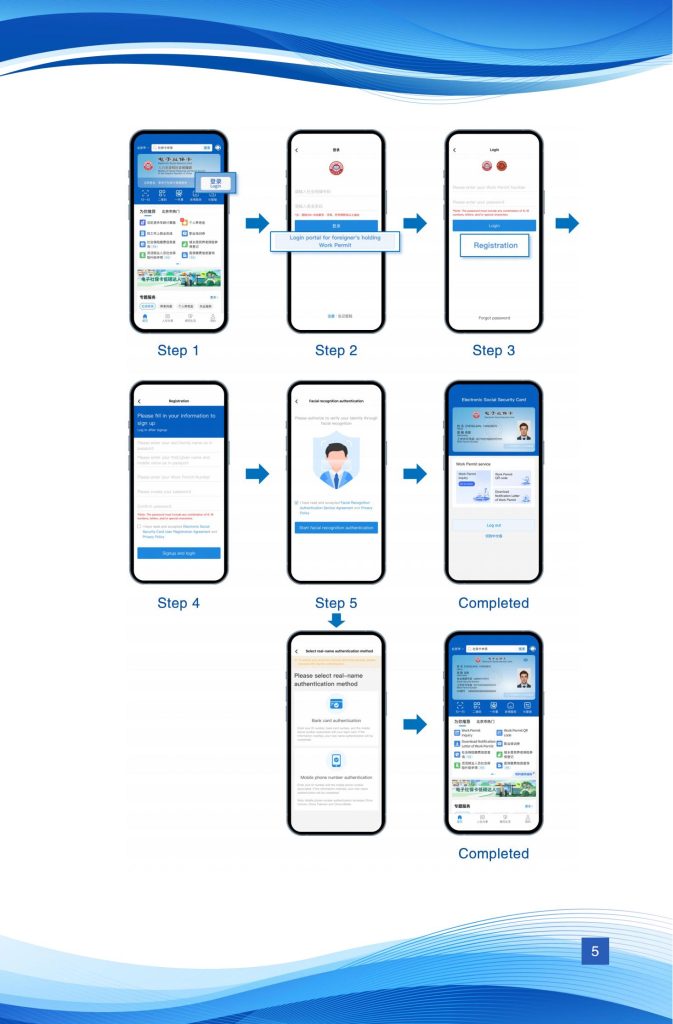
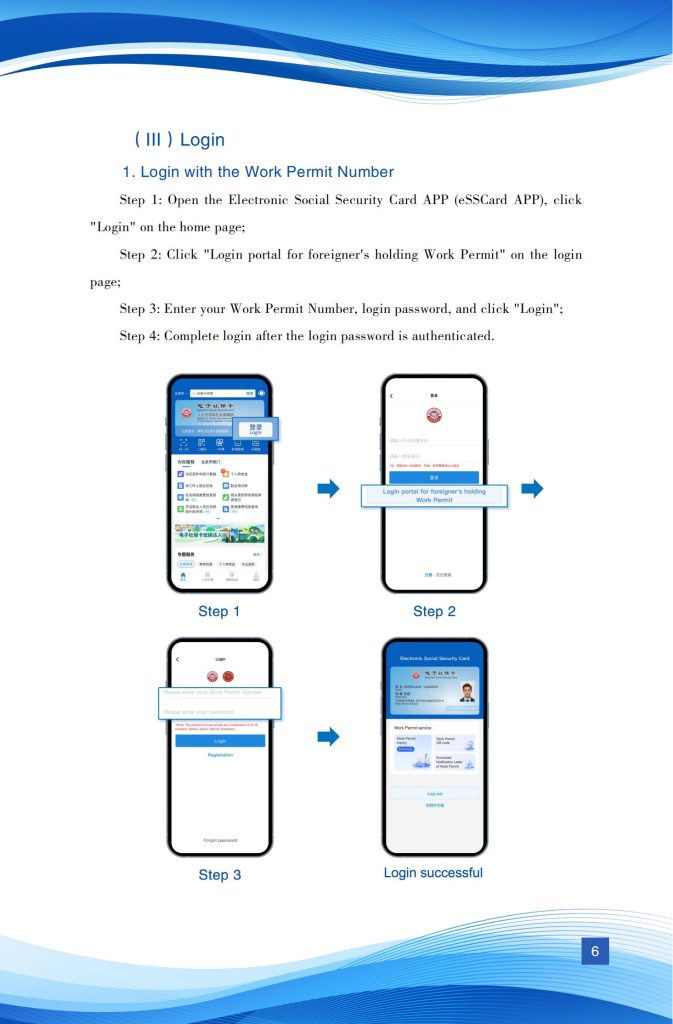
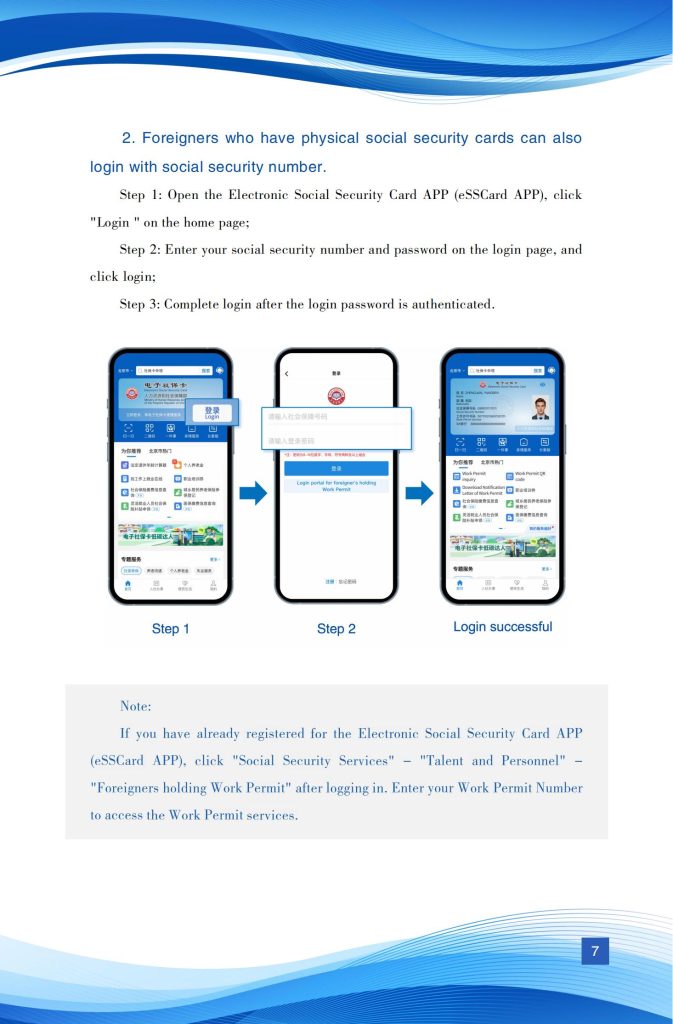
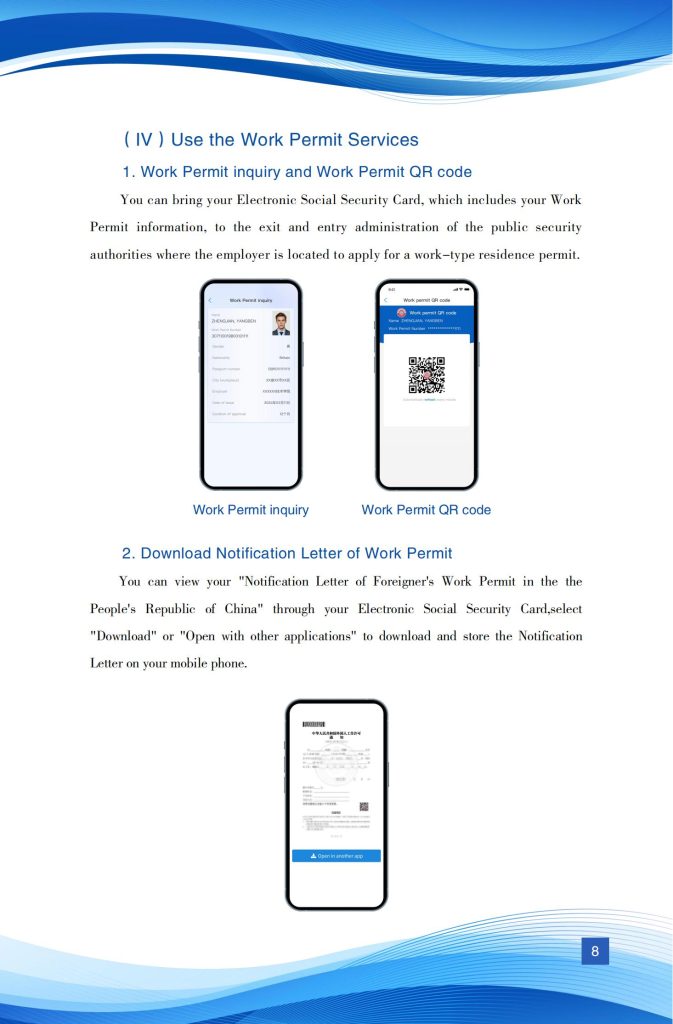
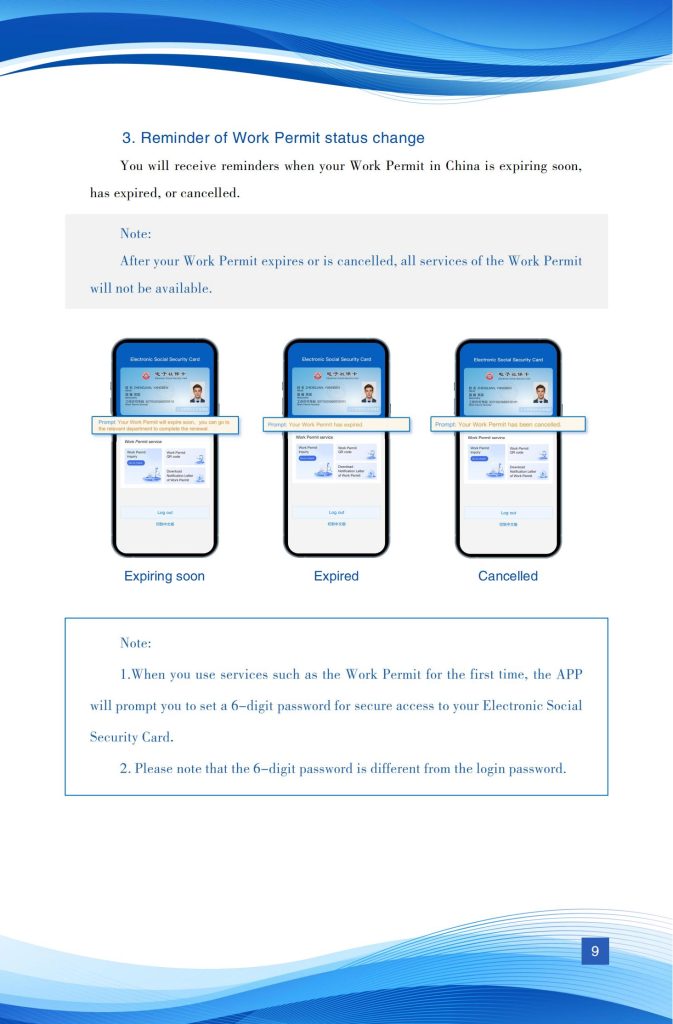
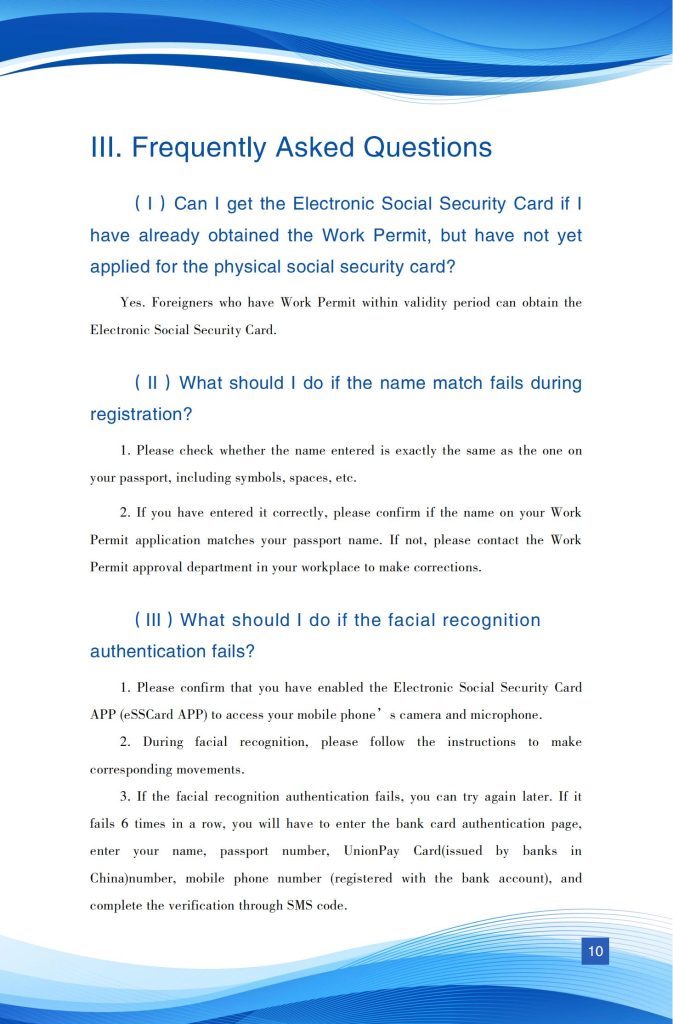
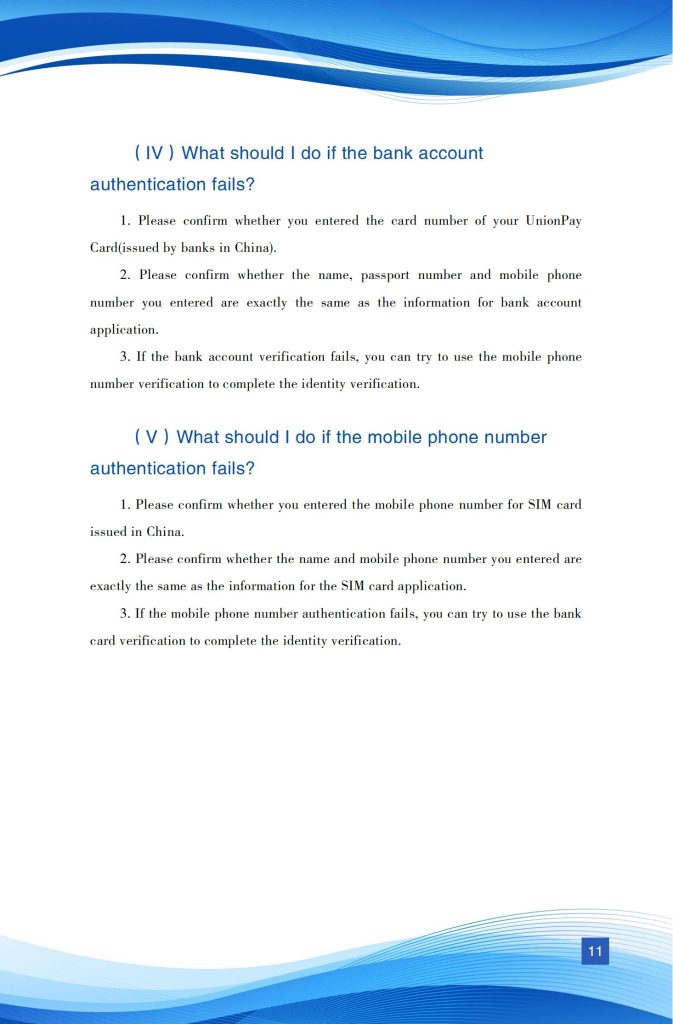
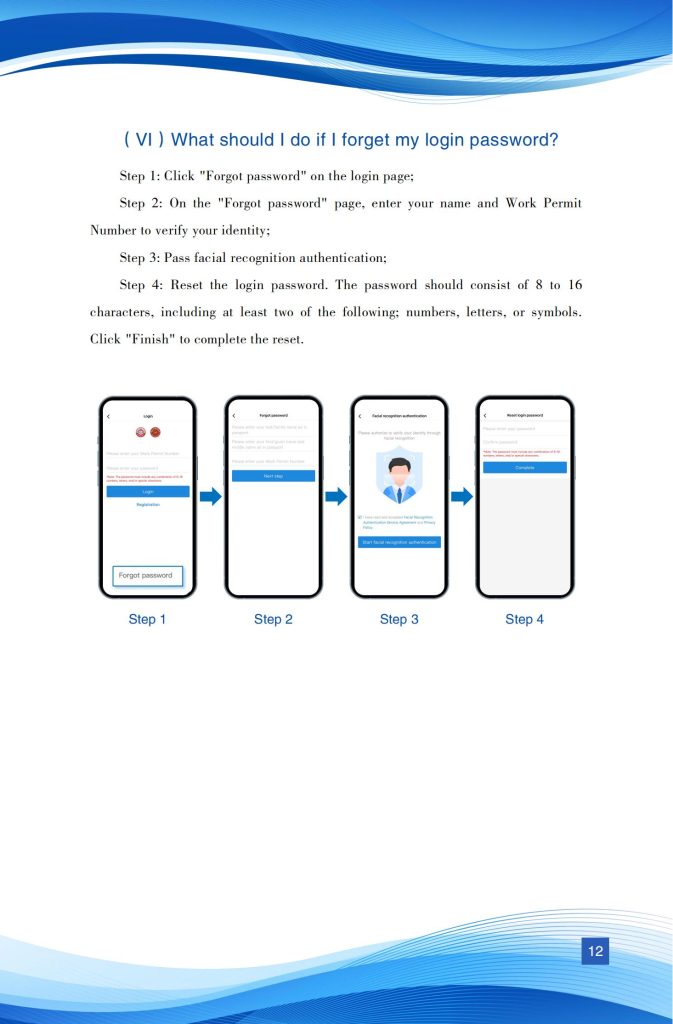
The Shanghai immigration authorities have announced the expansion of the electronic port visa pilot program to cover the entire Pudong New Area.
Approved by the National Immigration Administration, the program now allows foreign nationals invited by eligible companies in Pudong to apply for F (visit), M (business), R (talent), Z (work) and S2 (personal affairs) electronic port visas to enter and stay in Shanghai.
The electronic visa process is fully digital. Registered companies can submit visa applications through the electronic platform of local police.
Once the visa is issued, the inviting company can download the confirmation as a PDF and send it to the applicant, who can use it to enter Shanghai with a passport and electronic confirmation in hand.
The pilot program first launched in the Lingang Special Area of the Shanghai Free Trade Zone in July, receiving strong feedback for making it much easier for foreign employees to enter China.
Building on the success in Lingang, officials have worked with Pudong's departments to expand the program and educate eligible businesses on the policy.
The expansion aims to further simplify the entry process for foreign nationals, improving both investment and trade opportunities in Pudong and supporting a more open business environment.
To enhance the convenience for foreigners working in China, based on the directives of our national central government, starting from December 1st, 2024, foreigners' work permits and social security cards (SSC) will be merged into a single card. This means that foreign work permit information will be directly incorporated into the SSC, and whether it's the physical SSC or its electronic version, they will both make your work and life in China much easier. Here are some related arrangements and notices:
01. Foreigner's Work Permit in China
The new application, extension, modification, and cancellation of work permits are handled entirely online through the Foreigners' Work Permit Management and Service System. Foreigners no longer need to apply for a physical work permit upon entering China. For those who have already obtained a physical work permit for foreigners, following the principle of "no change, no replacement," the process will be handled according to the new integrated card and permit procedures when the existing work permit is extended or modified.
02. Obtain an electronic social security card
After entering China, foreigners can download the APP of electronic social security card on their mobile phones, register and log in using their name, work permit number, or social security number, and obtain an electronic social security card with work permit information after passing real-name and real-person verification. After foreigners apply for a physical social security card, the electronic social security card will provide standard services to them.

“
Please accept this recommendation for Lillian Zhou and the entire staff at J&K Investment Consulting (Shanghai) Co. , Ltd.
My Company The Charles Boggini Company from Coventry Connecticut USA engaged Lillian to assist in the set up of a trading company in Shanghai China also know as a WOFE . From the first meeting with Lillian I felt comfortable that J&K could handle all the details needed to complete the job.
The entire process was handled in a professional manner and the communication was very clear. Lillian and her staff were able to translate and explain clearly the details all the way thru the process. I was so comfortable with the WOFE setup that I continued with Lillian and J & K to mange my accounting and company details for the past two full year.
The staff is very efficient and detail oriented. I would be happy to refer them to any prospective client.
David C. Boggini
Founder & CEO, Boggini Trading (Shanghai) Co., Ltd

“
We have been cooperating with J & K in the past 6 years and we highly appreciated their visa services for our foreign employees. The number of our foreign employees is big and they work for our Shanghai head office and branches in different cities in China, to
control the employment and visa risk is not quite easy. Fortunately,we found J & K , they are our trustworthy visa consultant, their professional acknowledges and working schedule make us have no doubts and troubles when we are facing the employment and visa issues, no matter application, modification, extension and termination. We highly appreciated their efforts and hope to continue to cooperate and recommend J & K to you.
Vicky Zhou
C&B Manager, ASC Fine Wines

“
We have cooperated with J&K for many years, we deeply felt the professional services of them. When dealing with more complicated work, they always give quick feedback and provide effective solutions. J&K staff are very patient, meticulous and trustworthy. -- Lily Fang, Legal Department of WeWorkJ&K has participated in many company registration and change projects of us. For many years, they have been holding a professional and meticulous working attitude and provided us with extremely satisfactory services. J&K not only excellently completed various project tasks, but also provided us with solutions through their senior experience and knowledge to solve our problems and become an indispensable right-hand assistant in our work. Over the years, J&K and Wework have experienced growth and development together, they help their customers stay invincible in the changeable market competition. I believe that in the future, J&K will be able to serve more and better customers with unlimited future. -- Nancy Hong, Treasury Analyst of WeWork

“
What I admire most about the J & K team is their attitude towards service details. Each of them is striving for perfection. The J & K team has professional background and many years of experience, providing us with extremely satisfactory and pleasant service. Communication is the most important problem in the service, Every time J & K confirms and explains all problems in the work carefully and patiently, even the smallest details they try to ensure that there is no error. J & K not only provides us with high-quality services, but also provides many effective and feasible suggestions and guidance. J & K won the praise of our company, each of us is very willing to recommend such an excellent team to every potential customer.
Jane Hu
Centre Manager, ARCC Spaces



Leave us a message
Interested to Know More?
Please complete the form beside and we will get in touch with you soon!
Content with an asterisk (*) is required.